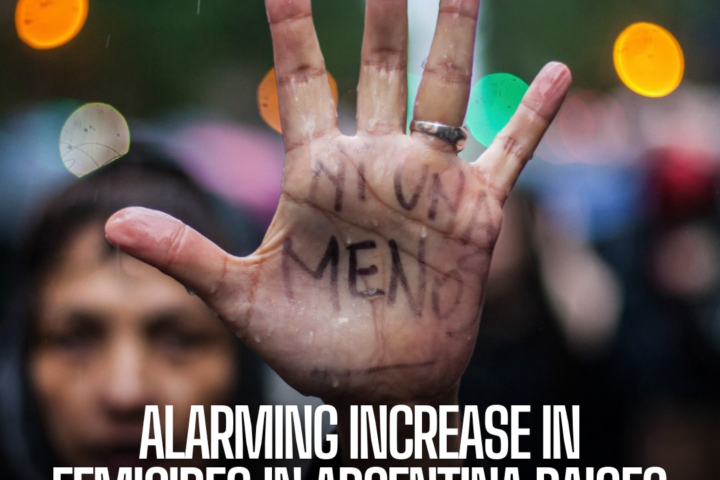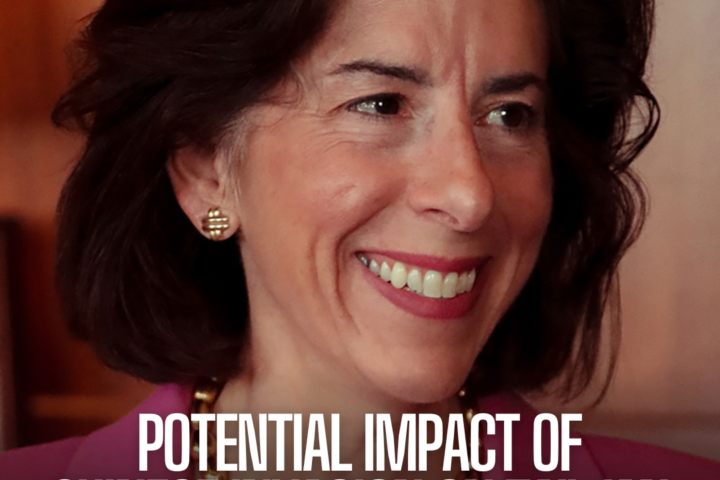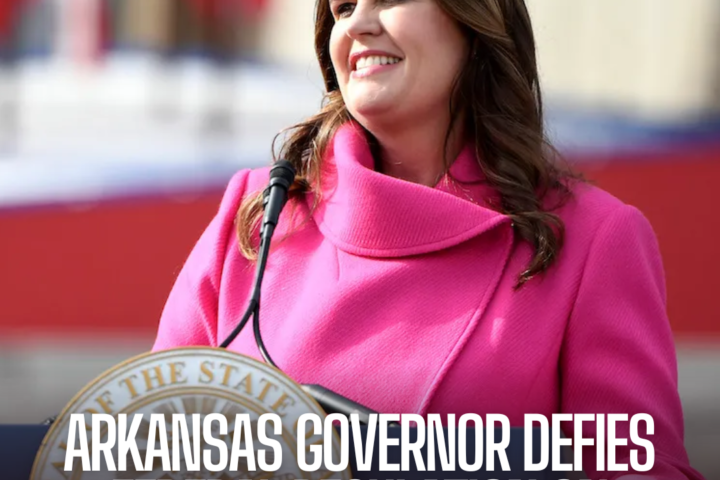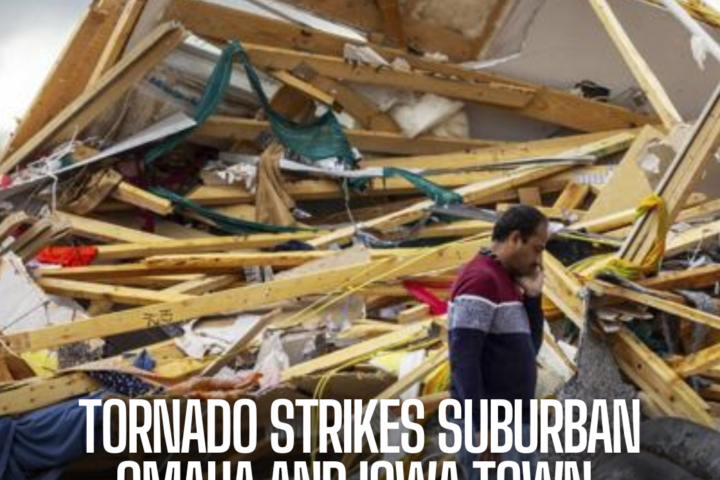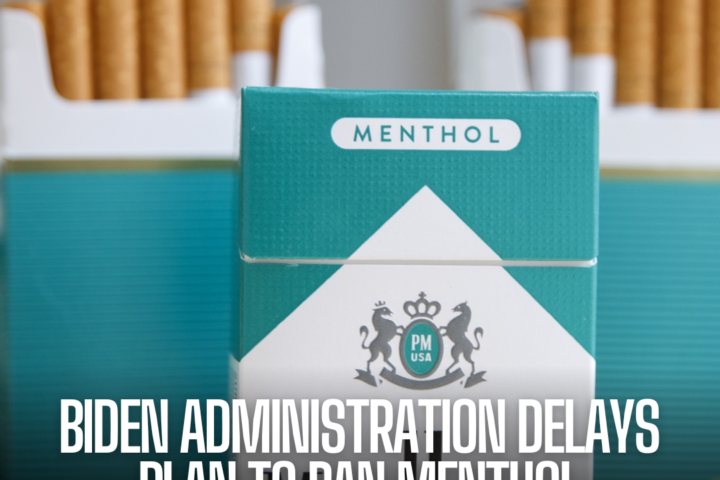A general strike against public spending cuts has impacted most of Argentina, with academies, banks, and multiple stores remaining shut.
Transportation Disruption Sparks Strike in Argentina
In Argentina, train and metro services ground to a halt on Thursday as a 24-hour strike unfolded, leaving only a limited bus service available.
Led by union leader Hector Daher, the strike aimed to send a message to President Javier Milei, urging him to reconsider cuts to subsidies and social programs.
Austerity Measures Spark Opposition
President Milei, a right-wing economist known for his staunch advocacy of slashing public spending, has implemented comprehensive austerity measures since assuming office in December.
Also read: Controversy erupts over Apple’s iPad Ad: creativity crushed or celebrated?
These measures, aimed at reducing Argentina’s public deficit and controlling its staggering inflation rate of nearly 300% annually, have drawn criticism and opposition from various quarters.
Government Defends Actions, Condemns Strike
President Milei defended his government’s actions, emphasizing that concessions had already been made to the unions.
While the government has touted successes such as a decrease in inflation in recent months, critics argue that these achievements have come at the expense of economic activity, resulting in adverse effects on citizens.
A government spokesperson labeled the strike as “purely political” and criticized its disruption of daily life for many citizens. However, unions maintain that the austerity measures imposed by Milei’s government have exacerbated hardships for various sectors of society.
Mixed Reactions and Economic Impact
While some, like actor Viggo Mortensen, have openly criticized President Milei’s administration as disastrous, others have expressed frustration with the strikes.
Business owners, particularly in the private sector, lamented the negative impact on their operations, with reduced foot traffic leading to decreased sales and financial strain.
Amidst these tensions, union leaders have pledged to continue collective action if the government remains unwilling to reconsider its austerity measures.
As the standoff between unions and the government persists, the future of Argentina’s economic policies hangs in the balance, with citizens caught in the crossfire of competing interests and ideologies.


